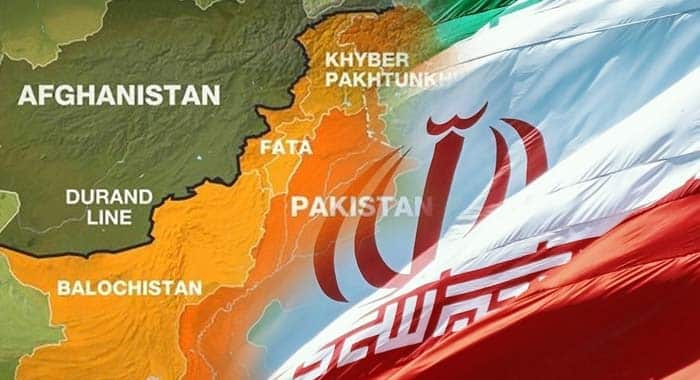Iran will host a high-level regional summit in mid-December aimed at easing tensions between Afghanistan and Pakistan, with participation expected from all neighboring countries, including major powers Russia and China. The meeting is being hailed as a critical step toward stabilizing Afghanistan and fostering coordinated regional security and economic cooperation.
Saeed Khatibzadeh, Iran’s Deputy Foreign Minister, told SPUTNIK that the summit will focus on addressing key regional challenges and supporting Afghanistan’s stability through multilateral mechanisms. “The meeting will provide a platform for constructive dialogue among Afghanistan’s neighbors to promote security, stability, and regional development,” Khatibzadeh said.
The initiative comes amid heightened security concerns in Afghanistan, including cross-border tensions with Pakistan and the ongoing challenges posed by Taliban rule. Analysts note that the summit offers a rare opportunity for regional powers to engage in practical solutions that balance diplomacy with urgent security priorities.
Key agenda items include border management, counterterrorism cooperation, facilitation of trade and transport links, and broader integration of Afghanistan into regional infrastructure projects. Officials hope that multilateral coordination will mitigate conflict risks and enhance stability in one of the world’s most volatile regions.
Iran, which shares a long border with Afghanistan, has historically played a mediating role in regional disputes. The involvement of China and Russia underscores the global stakes in stabilizing the region and safeguarding strategic economic and security interests.
Experts suggest that successful outcomes from the Tehran summit could pave the way for sustained diplomatic engagement among Afghanistan’s neighbors, while providing opportunities for practical cooperation on security, trade, and infrastructure development.
With regional eyes on Tehran, the December summit is seen as a pivotal effort to prevent further escalation between Afghanistan and Pakistan, while establishing a framework for coordinated regional responses to shared risks and threats.





